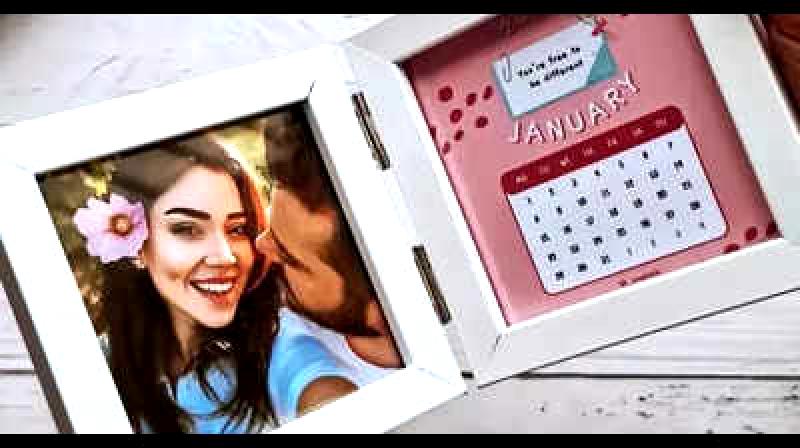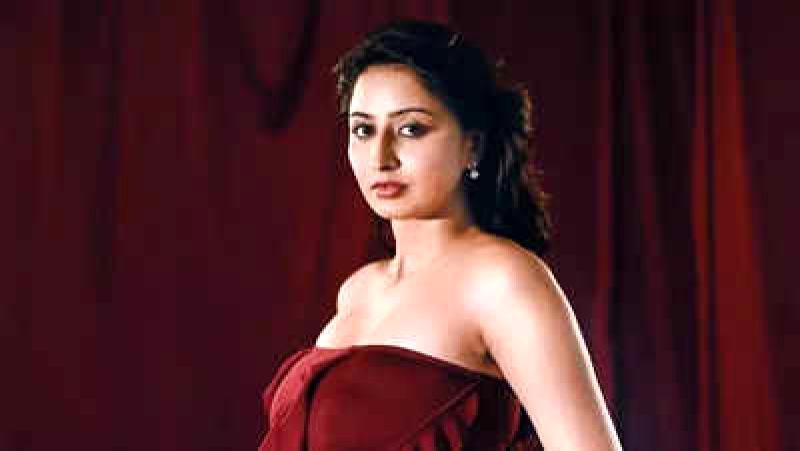
While portraying strong female characters on screen, women in the Kannada film industry are facing challenges in asserting themselves behind the scenes. Despite receiving recognition for their performances and appearance on screen, women are struggling to access basic amenities, including washrooms, on film sets. Gender pay disparity is also a pressing issue in the industry, which has seen a significant increase in female participation over the past decade. However, the industry's infrastructure and practices continue to primarily cater to men, with inclusivity still being a topic of discussion. Women in various roles, from stylists to cinematographers, are navigating a work environment where everyday sexism remains a significant obstacle. Some have chosen to adapt to the existing conditions in hopes of a brighter future, while others have ventured into independent work.
One such example is reflected in the experience of a make-up artist, who highlights the challenges faced by female technicians in the industry. The dominance of male "make-up dadas" and associations controlled by men perpetuates a patriarchal belief system that undermines the skills and contributions of women. Despite being skilled professionals, female make-up artists find themselves undervalued and underpaid, receiving significantly lower wages compared to their male counterparts. Even when requested by female leads for specific assignments, female make-up artists often have to work alongside male colleagues assigned by the association. This dynamic can create uncomfortable situations, where male assistants are privileged over female artists, even in intimate tasks like adjusting outfits or applying make-up.
Female actors like Vydurya Lokesh and make-up artists are often only considered for smaller projects, according to a screenplay writer. Producers frequently question if a script is centered around women, assuming that women are only capable of creating low-budget or non-commercial films. Some producers even suggested adding a male director's name to a project because they believe a woman's name alone cannot attract audiences. A female screenwriter and associate director shared experiences of facing discrimination in the industry, including clients paying her male assistant instead of her and men hesitating to accept payment from her because of her gender. Another stylist shared her struggles while working on film sets, where basic needs like access to restrooms are often neglected for female crew members. Despite improvements in inclusivity, women in the industry still face challenges in getting their basic needs met.Additional female voices need to be heard, says voiceover artist Sparsha RK. The lack of dialogue for women in films leads to decreased opportunities for female dubbing artists compared to their male counterparts. There is a noticeable absence of women-centric films and solo songs featuring female singers, with most songs being duets or 'item songs'. Sparsha RK emphasizes the importance of having more female representation on screen.










